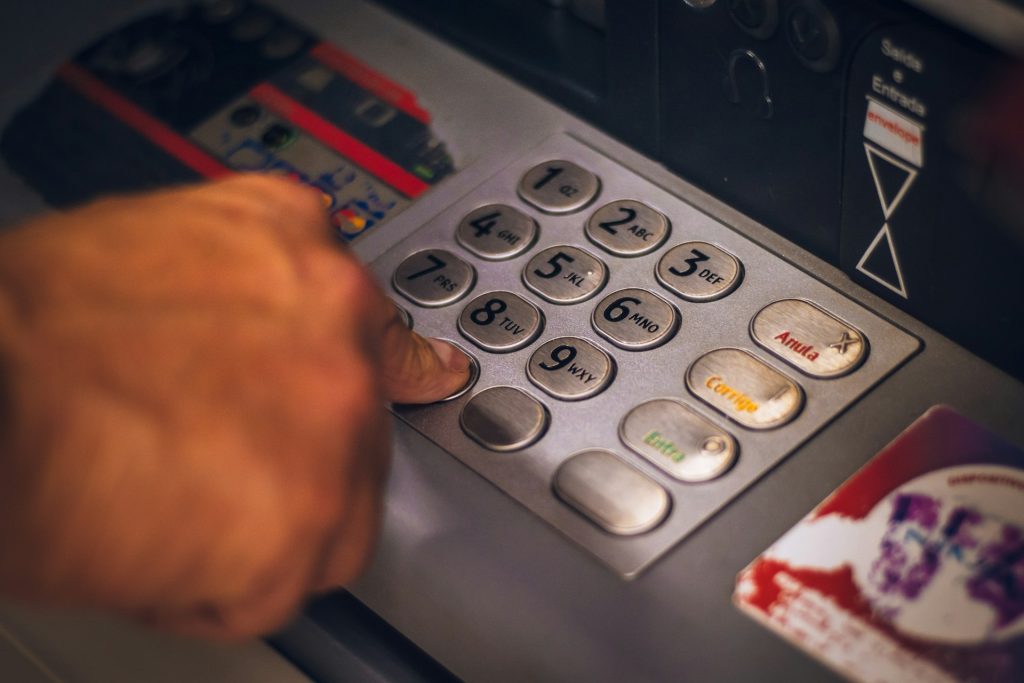
When you open a joint bank account, you probably think you’re making things simple. You want both people to have equal access. You want the money to go to the right person if something happens. But banks don’t always see it that way. The words on your account paperwork can change everything. Some banking terms can actually block your intentions, even if you think you’re being clear. If you want your money to go where you want, you need to know what these terms mean. Here’s what you need to watch for if you want your joint account to work the way you expect.
1. “Tenants in Common”
This term sounds harmless, but it can cause real problems for joint account holders. “Tenants in common” means each person owns a specific share of the account. If one person dies, their share doesn’t automatically go to the other account holder. Instead, it goes to their estate. That means the money could end up in probate court, and the surviving account holder might not get it. If you want the other person to have full access after you’re gone, avoid this term. Always check your account agreement for “tenants in common.” If you see it, ask the bank to explain what it means for your situation. You might need to change the account type or update your paperwork.
2. “Payable on Death” (POD)
A “Payable on Death” designation sounds like a good way to make sure your money goes to someone you trust. But it can actually override joint ownership intentions. If you have a joint account with a POD beneficiary, the money goes to the named beneficiary when you die—not the other account holder. This can surprise people who thought the surviving joint owner would get everything. If you want your co-owner to have the money, don’t add a POD beneficiary. Or, if you do, make sure everyone understands what will happen. This is a common source of family disputes.
3. “Convenience Account”
Banks sometimes offer “convenience accounts” for people who want help managing their money. These accounts let someone else pay bills or make deposits, but they don’t give true joint ownership. The helper doesn’t have any rights to the money if the main account holder dies. If you want both people to have equal rights, don’t open a joint account. Make sure you’re opening a true joint account, not just adding someone for convenience. This is especially important for older adults who want help but also want to leave money to a spouse or child. If you’re not sure what kind of account you have, ask your bank for clarification.
4. “Authorized Signer”
An “authorized signer” can write checks and make withdrawals, but they don’t own the money in the account. This is different from being a joint owner. If the main account holder dies, the authorized signer loses all access. The money goes to the estate, not the signer. This can be a shock if you thought you were a co-owner. If you want someone to have full rights, make them a joint owner, not just an authorized signer. Always read the fine print before adding someone to your account. If you see “authorized signer,” know that it doesn’t mean joint ownership.
5. “Right of Survivorship”
This term is key for joint accounts, but it’s not always included by default. “Right of survivorship” means that if one owner dies, the other owner automatically gets the money. Without this term, the deceased person’s share might go to their estate instead. Some states require specific language for this to apply. If you want your co-owner to get the money, make sure your account includes “right of survivorship.” Don’t assume it’s automatic. Ask your bank to confirm, and get it in writing.
6. “Joint Account – No Survivorship”
This term is the opposite of what most people want. “Joint account – no survivorship” means that if one owner dies, their share goes to their estate, not the other account holder. This can lead to legal battles and delays. If you want the surviving owner to have full access, avoid this term. Make sure your account says “with right of survivorship” or something similar. If you see “no survivorship,” ask your bank to change it. Don’t wait until it’s too late.
Protecting Your Joint Account Intentions
Banking terms can be confusing, but they matter. The wrong words on your account can send your money somewhere you never intended. Always read your account agreement. Ask questions if you see terms like “tenants in common,” “POD,” or “no survivorship.” Don’t assume your wishes are clear just because you opened a joint account. The details matter. If you want your money to go to the right person, make sure your account uses the right terms. It’s your money—make sure it goes where you want.
Have you ever encountered issues with joint account terms? Share your story or advice in the comments.
Read More
What Are the Hidden Dangers of Digital-Only Banking?
Automating Compliance: The Role of AML Software in Modern Banking
The post 6 Banking Terms That Invalidate Joint Ownership Intentions appeared first on The Free Financial Advisor.







